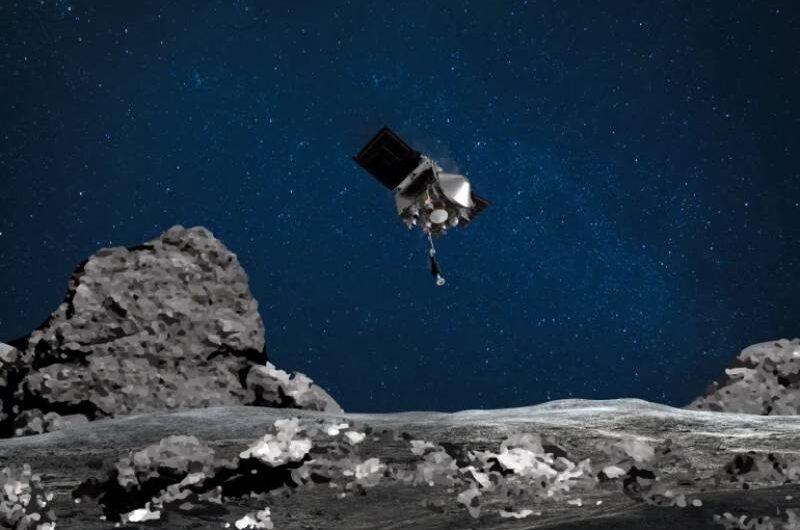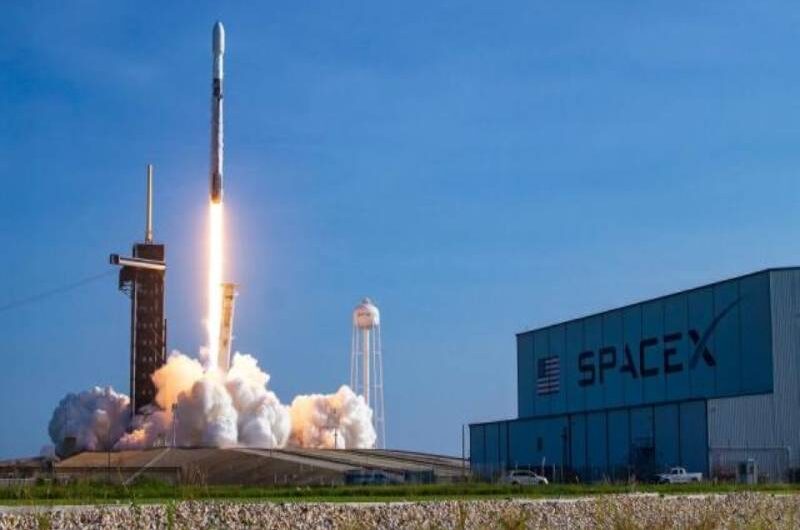A physicist from the University of Portsmouth has delved into the possibility of a new law of physics that could lend credence to the controversial notion that we exist as characters in a highly advanced virtual world.
The theory proposing a simulated universe posits that human experiences are essentially part of an artificial reality, akin to a computer simulation, in which people themselves are created entities.
This concept has garnered support from several prominent figures, including Elon Musk, and is rooted in a branch of science known as information physics, which posits that the fundamental nature of physical reality consists of bits of information.
Dr. Melvin Vopson, who had previously published research suggesting that information possesses mass and that all elementary particles, the tiniest known constituents of the universe, contain information about themselves, similar to how humans possess DNA.
In 2022, he uncovered a new law of physics capable of predicting genetic mutations in organisms, including viruses, and evaluating their potential consequences. This law is based on the second law of thermodynamics, which asserts that entropy, a measure of disorder in an isolated system, can only increase or remain unchanged.
Dr. Vopson initially expected that entropy in information systems would also increase over time, but upon examining the evolution of these systems, he realized that it remains constant or decreases. This led to the establishment of the second law of information dynamics, or infodynamics, which could have significant implications for genetics research and evolutionary theory.
Key findings from Dr. Vopson’s research include:
- Biological systems: The second law of infodynamics challenges the conventional understanding of genetic mutations, proposing that they follow a pattern regulated by information entropy. This discovery has far-reaching implications for fields such as genetic research, evolutionary biology, genetic therapies, pharmacology, virology, and pandemic monitoring.
- Atomic physics: The paper provides insights into the behavior of electrons in multi-electron atoms, explaining phenomena like Hund’s rule. Electrons arrange themselves to minimize their information entropy, shedding light on atomic physics and chemical stability.
- Cosmology: The second law of infodynamics is shown to be a cosmological necessity, supported by thermodynamic considerations applied to an adiabatically expanding universe.
Dr. Vopson’s research also offers an explanation for the prevalence of symmetry in the universe. High symmetry corresponds to the lowest information entropy state, potentially elucidating nature’s inclination towards symmetry.
His previous work suggested that information is the fundamental building block of the universe and possesses physical mass, possibly even constituting the elusive dark matter that constitutes a significant portion of the universe. This theory, known as the mass-energy-information equivalence principle, is bolstered by the second law of infodynamics, reinforcing the idea that information is a physical entity equivalent to mass and energy.
Dr. Vopson acknowledges that empirical testing is necessary to complete these studies, suggesting that experiments like his particle-antiparticle collision experiment devised last year could potentially play a role in validating these groundbreaking theories.
Disclaimer: The views, suggestions, and opinions expressed here are the sole responsibility of the experts. No EU Brief journalist was involved in the writing and production of this article.






